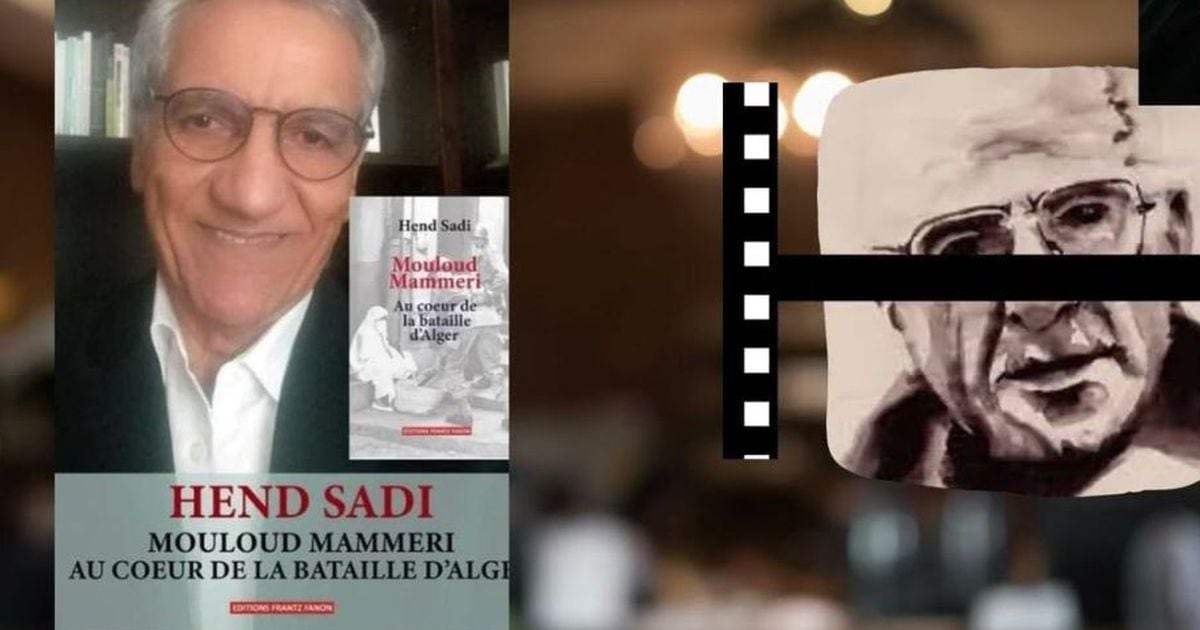The announcement made on Saturday, April 20 in New York in front of the UN headquarters, by Ferhat Mehenni, the president of the Movement for the Self-Determination of Kabylia (MAK) and the Kabylian Provisional Government (Anavad), on the independence and rebirth of the Kabylin State, sowed a wave of panic among the leaders of the Algerian junta, who canceled a simple literary gathering dedicated to the life and work of Mouloud Mammeri, cantor of defense and promotion of Kabyle culture, who was killed by regime soldiers in 1989. after returning from the conference held in Oujda on Amazighity.
Read also: At the UN, the MAK president condemns the Algerian occupation of Kabylia and calls on the UN committee to decolonize
Disappointed by this ban, Hend Sadi, who was supposed to host this conference and also the author of the book entitled “Mouloud Mammeri in the heart of the battle for Algeria”, expressed his displeasure on social networks after this censorship and gave a historical overview of the uncontrolled tactics of killing Algerian generals. “Mammeri censored dead or alive”laments, remembering that in “In 1980 in Tizi Ouzou, we are forbidden to talk to Mouloud Mammeri. In 2024, in Sidi Aïch, it is forbidden to talk about Mouloud Mammeri“.
Approximately thirty-five years after his murder, the author of “Forgotten Hill” and “Opium and the Stick” continues to give nightmares to geronts at the head of the system, because in 1980, that is, more than four decades ago, he launched “Berber SpringThat year, clashes broke out in the capital of Algeria and in Kabylia between the army and the Kabyles after the authorities refused to allow the writer to give a lecture on ancient Amazigh poetry at Tizi Ouzou University.
Officially, around 130 people of Kabyle origin were killed by the army during these terrible events. According to some sources, the actual number of deaths among the civilian population, who fell under the bullets of the Algerian army, would actually exceed 500.
Read also: Official: Ferhat Meheni declares the independence of Kabylia
Let us remind you that on Saturday, April 20 at 18:57 Kabylie time, the declaration of the independence of the state of Kabyla was announced by Ferhat Mehenni in front of the headquarters of the United Nations in New York. The date, far from being insignificant, coincided with the commemoration of the tragic Kabyle springs in 1980, 1981 and 2001. The choice of time refers to the Battle of Iheriden, which took place on June 24, 1857 in Kabylia between French troops led by Jacques Louis Randon and the Kabylian army.



